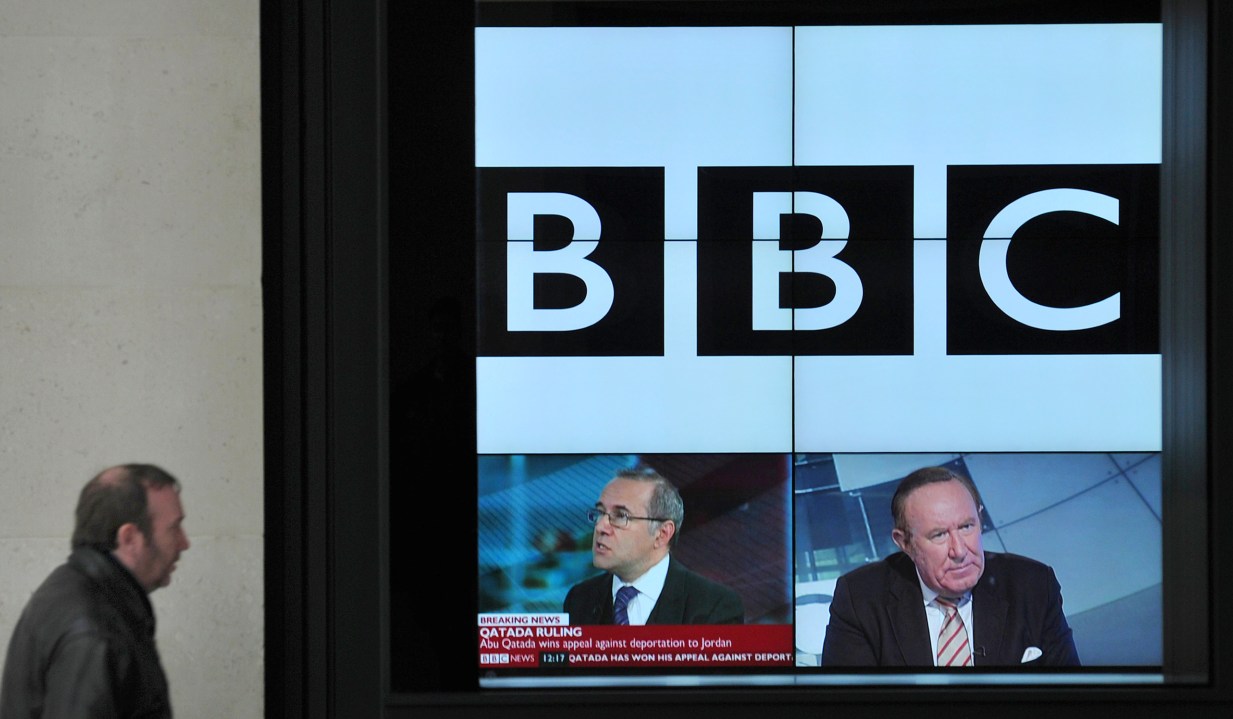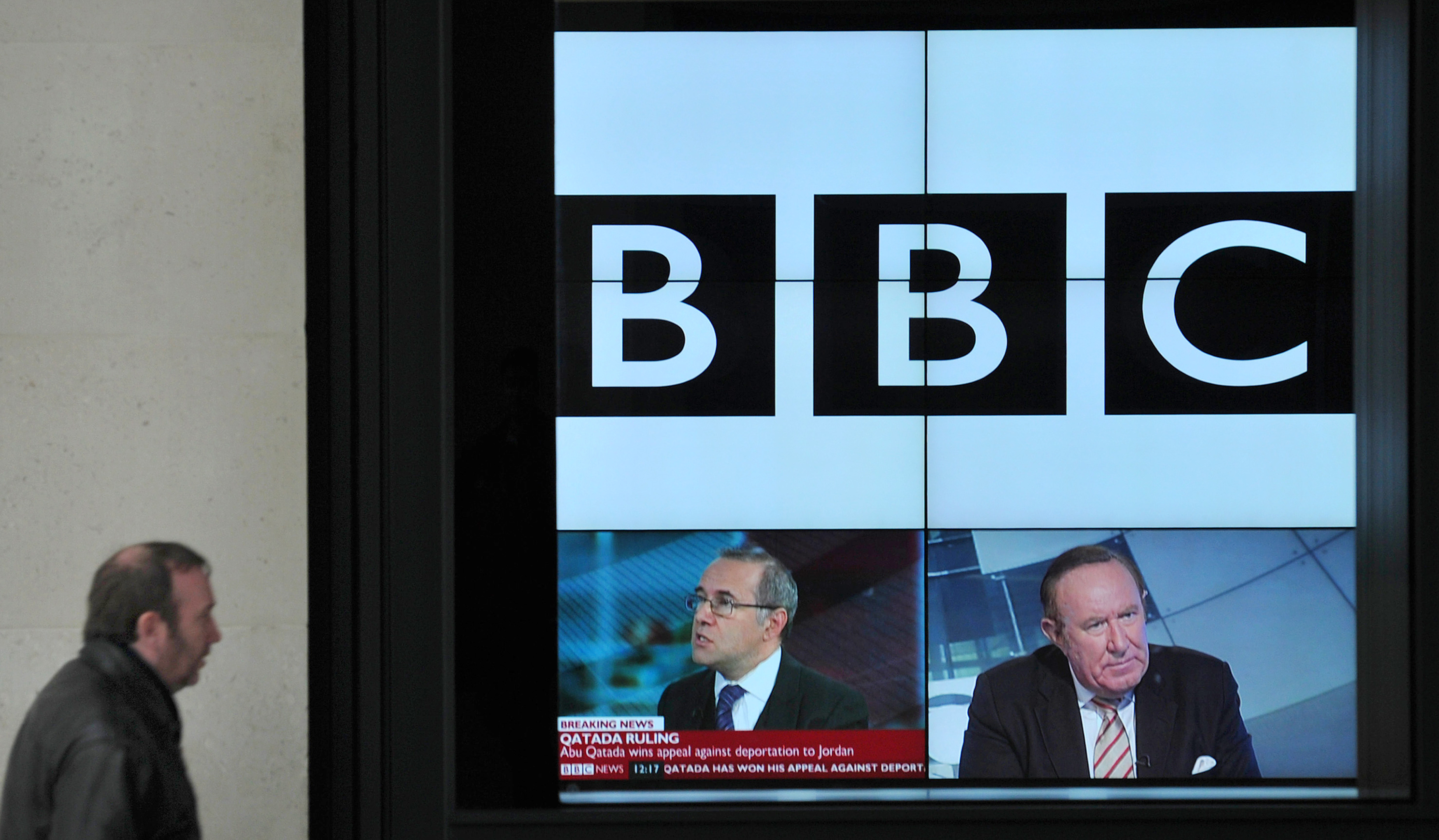And it doesn’t matter who you are. Conservative, Labour, Liberal, Nationalist, Green or UKIP it’s all the same. The BBC is hopelessly prejudiced against you.
As it should be.
Why only this morning we see Owen Jones complaining that, contrary to what the Daily Mail would have you believe, the BBC is instinctively biased against the left and Lesley Riddoch suggesting the corporation is reflexively biased against the very idea, let alone the prospect, of Scottish independence.
Well, up to a point. But asking whether the BBC is inclined to the left or right is the wrong question. It is a kind of category error. Adding up the number of (presumed) right-of-centre – or Unionist – journalists or presenters on the BBC and supposing this “proves” anything is a fool’s mistake.
Everyone thinks the BBC fails to give their side a proper hearing. Everyone makes the mistake of thinking that the BBC’s job is to be a referee between competing but equally valid versions of the truth. Perhaps the BBC should be a referee but it isn’t and not all views are granted equal validity.
This is not as simple as left versus right. It is rather different. The BBC’s political coverage operates on a default presumption of scepticism. Governments propose policy; the BBC subjects those proposals to intense scrutiny. It is reflexively opposed to change. Almost any change. The status quo – being known and therefore endurable – is preferable to the unknown risks of an alternative vision. In this respect it is actually a profoundly conservative institution.
Which is also why every government thinks the corporation is instinctively hostile. Because it is. The BBC is a reactive institution (Jones is right about that). It often dominates the news cycle but it rarely sets the news agenda on the back of its own journalism. It feeds off two things: the morning papers and whatever the government announces on any given day.
And it is (almost) always hostile to the government’s agenda. Why are you proposing this? Why do you think, even assuming your idea might work, it’s a good idea? What about the cost? You’re making it up as you go along, aren’t you?
Since there are always more people available to explain why a given policy is a bad idea than there are to proclaim what a ripping notion it is it’s hardly surprising that the tone of much of the BBC’s political coverage is sceptical. As Jeremy Paxman once suggested, it is based on the suspicion these lying bastards are lying to us.
Again, change is the enemy. The United Kingdom is, for now, a member of the European Union. Therefore the suggestion Britannia should leave the EU club is wild and risky and something to be treated sceptically. Britain’s laws on abortion or the death penalty are settled. Any proposal to change them should be subjected to serious scrutiny.
And, of course, Scotland is still part of the United Kingdom. Hence independence needs to be justified more than the status quo.
In each of these examples the burden of proof lies upon those making the case for change. That is usually – not always but usually – the government. Which is why the BBC upsets Conservatives and Scottish Nationalists alike. In their different arenas these are the parties demanding things be done differently and the BBC’s instinct is – not altogether disreputably – to ask whether their proposals make any sense. Why do you want to do this? New ideas or ways of doing things are usually bad ideas and mistaken ways of doing things.
Sometimes this means the BBC opposes a Labour government too. Few members of Tony Blair’s circle, for instance, would reckon the BBC acted as a cheerleader for the Iraq War. Quite the contrary, in fact. Similarly, when it came to public sector reform – of health or education or, really, just about anything else – there was never any shortage of people to take a pop at whatever the government was proposing. Again, this is not surprising: the government view is often a minority view and in a multi-party democracy always liable to be outgunned on the airwaves.
Thus the BBC is not, as I say, a referee. It is simultaneously inclined to criticise almost anything the government proposes while also favouring, instinctively if rarely explicitly, the status quo. Knee-jerk opposition goes hand in hand with a preference for the devil we happen to know now.
The BBC is big on settled will and suspicious of radicalism, no matter where that radicalism springs from. Which is why eurosceptics, libertarians, Scottish nationalists and Trotskyites each have cause to criticise the corporation and complain it is biased against them. It is.
But so, mind you, are the public.








Comments